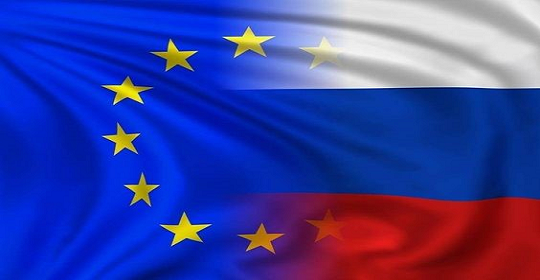The US Department of Agriculture is seeking to remove obstacles that prevent a new variety of GMO wheat from entering the world market.
A new variety of genetically modified wheat has been invented in the United States. We are talking about the HB4 variety, into whose genetic code sunflower genes were added.
According to American experts, this wheat variety was developed very timely.
On the one hand, grain consumption increases worldwide every year, so production can hardly keep up with the rising demand.
On the other hand, climate change is making it increasingly difficult to produce the required volumes of crops using traditional methods and wheat varieties.
And here new varieties such as HB4 could be of great help.
By the way, the use of the sunflower gene is not accidental, since this plant is more resistant to drought than others. It is planned that the new wheat variety will also tolerate it more easily.
Currently, the new variety has been tested in the United States and it has been found to be no more risky than traditional wheat varieties.
This is the conclusion reached by the Animal and Plant Health Inspection Service of the United States Department of Agriculture.
Thus, this variety has been approved for use in the United States itself. However, convincing foreign partners to buy it may be a more difficult task.
At the moment, the variety has been approved for use as food and feed in only a few countries, including Australia, New Zealand, South Africa and Chile.
At the same time, several countries have refused to use the new variety, including traditional large buyers of American wheat — Mexico, the Philippines and Japan.
Analysts strongly doubt that it will be easy to convince these countries to buy the genetically modified variety HB4. Therefore, the future of this variety is still in question.
At the same time, if in the future the yields of traditional wheat varieties decrease due to climate change, and the demand for food continues to increase, then the adoption of genetically modified varieties is almost inevitable, experts believe, because the alternative to such adoption may be hunger.
At the same time, it is very likely that the first countries to agree to the use of GMO wheat will be those with a low standard of living, for which the availability of large quantities of cheap grain may be a factor that outweighs all the risks.

